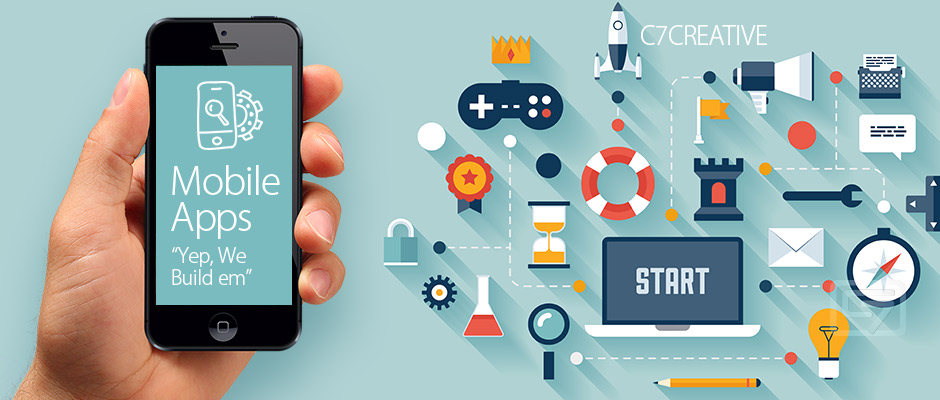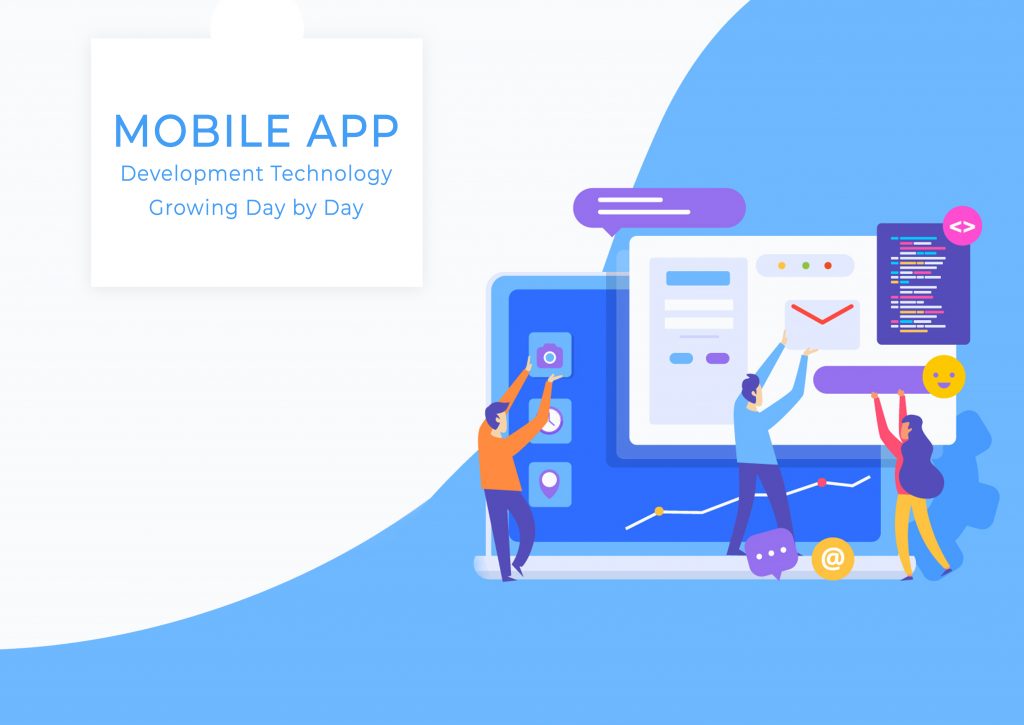Do you have a ground-breaking mobile start-up idea, but don’t know how to get started? Are you afraid that the idea needs to be implemented as soon as possible, or someone else will gain the edge over you?
If these questions are bothering you, we’re happy to say that you’re in the right place! Today, we’ll discuss how a mobile app development company can launch a start-up in 30 days only.
However, we aren’t implying that launching a start-up will be buttery smooth. It’s seen that 71% of the start-ups fail, and it takes them only a decade to do so.
A start-up will stand out from the rest and will succeed only if the software development company invests time, effort, and teamwork into it. The mobile app development company is likely to succeed if they follow the schedule provided below.
Week One
Let’s assume that you don’t have a plan, and you don’t know what to work with. If that’s the case, the first thing you need to identify is a problem. All mobile start-ups are centered on a problem, and the start-ups aim to provide viable solutions.
Simply put, you need an app that can provide value to the users. What problems you’ll be solving will determine what sort of UI you’ll be using.
It’s this time when you should ask yourself about the potential user base of your app. Who’ll be using your app? Will anyone even use it? Where will it have the most and least impact?
Week one should be dedicated to the planning of your app, mostly. Unless you plan properly, you won’t be able to stand out in the market. The app stores already have billions of apps, and there’s a 99% chance that the app you’re creating already exists. The only way to succeed is to be special.
Also, the first week can be utilized by creating a logo and selecting a color palette. You can also work on the other branding elements, such as the brand message, the motto, etc. Brand value is essential if you want your start-up to succeed. Try to provide a clear image that’ll appear in the minds of people every time they hear about your app.
Week Two
Week two is when a custom software development company must start the development of the app. For starters, the platform of the app must be selected. An app can exist on multiple platforms, but for that, a lot of budgets is required. If you have budget constraints, you should select a single platform.
Which platform you’ll be selecting depends highly on the region you’re focusing on. If your app focuses more on North America and Oceania, you should focus on iOS, as the number of iOS users is greater in these regions. For every other region of the world, the number of Android users simply dominates.
However, another factor to consider is that iOS users are more likely to buy an app, and they have a higher chance of making in-app purchases.
Another factor that comes into play is the programming language. It’s comparatively easier to scale the app when you’re making an Android app. On the other hand, scaling an iOS app is rather troublesome. So, the programming language must be picked carefully.
Week Three
Within week three, a software development company must finish app development. Week three should be dedicated to app testing.
It’s tougher to test the app on the Android platform, as there are thousands of different models when it comes to Android, but only 18 models when it comes to iOS. So, if you’re developing an Android app, you should make a lot of time for testing.
Other than testing, other factors must be focused on during the third week. For example, a custom software development company can determine its KPI, analytics that must be tracked, etc.
During this time, the team should also look for potential investors. If the app is on a small scale, it’s possible to get the work done without external funding. However, a big-scale app will require as much investment as it can possibly acquire, so the team must work on this during the third week.
Week Four
Week four will probably be the busiest week for the mobile app development company in play. By the fourth week, the programmers must get done with the testing, and the team must be ready with a working app.
During the fourth week, some marketing tactics must be prepared. A dedicated group must work on the social media posters, the infographics, and the contents that’ll help the company communicate its value to the users. Plus, a team must work on a website that offers knowledge about the app.
Plus, this is the time where you plan on your launch strategy. Another important step is to prepare an MVP. An MVP, or minimum viable product, is the app that’ll offer only the core features of the app.
Why do you need the MVP? With the MVP, you’ll be able to understand whether the users really like your app or not. An MVP is one of the best ways of getting started. It’s best to launch the MVP before the final app is launched, as you’ll acquire useful reviews that’ll help you improve the final app.
From the mid-fourth week, the social media marketing of the app must be started. The custom software development company that can pull the marketing off successfully is sure to shine.
Just prior to the launch, the ASO must be done properly. ASO is app store optimization, which is technically the SEO for apps. If ASO is done right, the app will rank higher on the app store, leading to higher downloads.
Conclusion
Creating an app in 30 days is a challenge, but it can be made possible only if the software development company is willing to work hard. With the plans given above, a mobile app development company can launch a new mobile start-up in 30 days.

Director @Anyalpha, a Top Software Development Company offering Mobile App Development and Website Development Services to Businesses & Startups.



